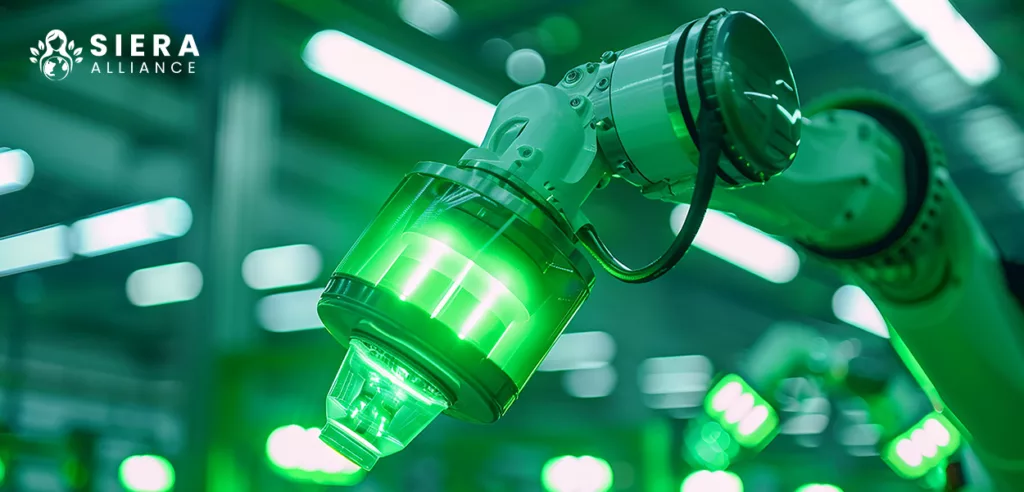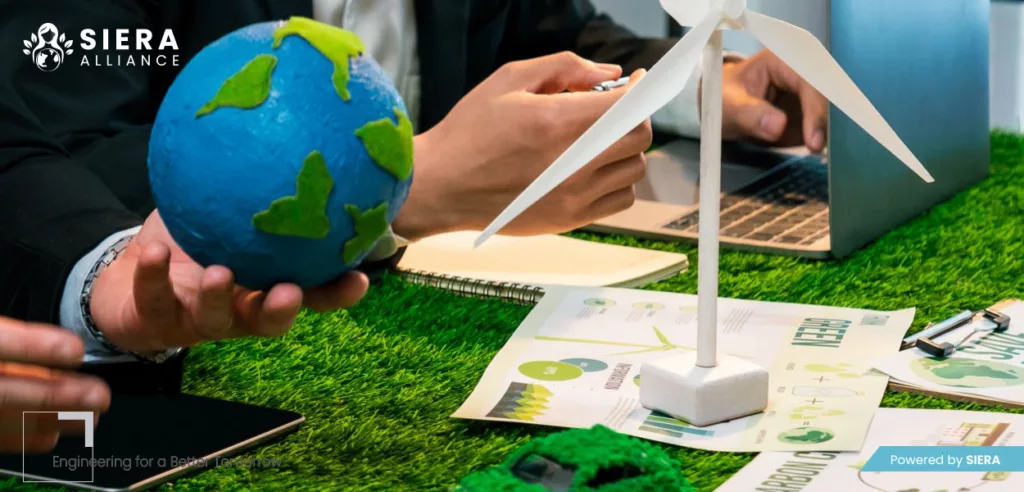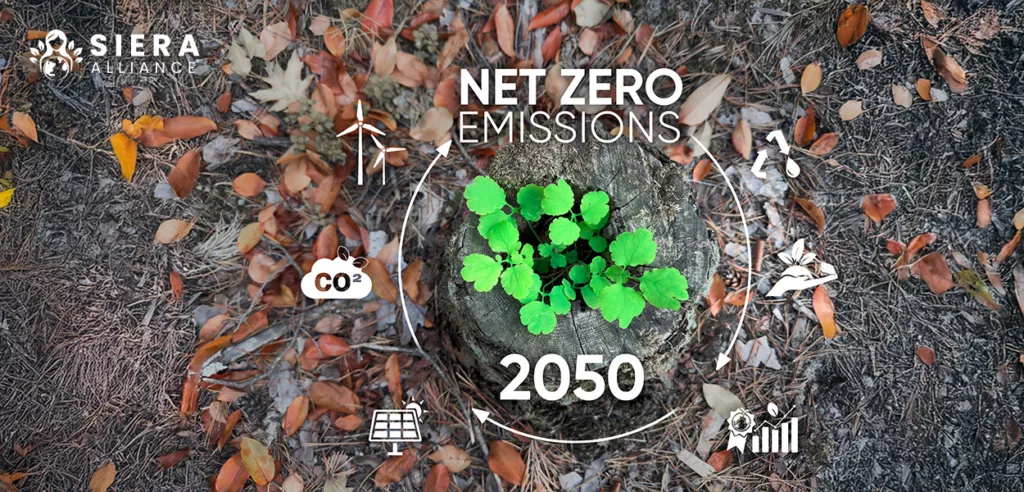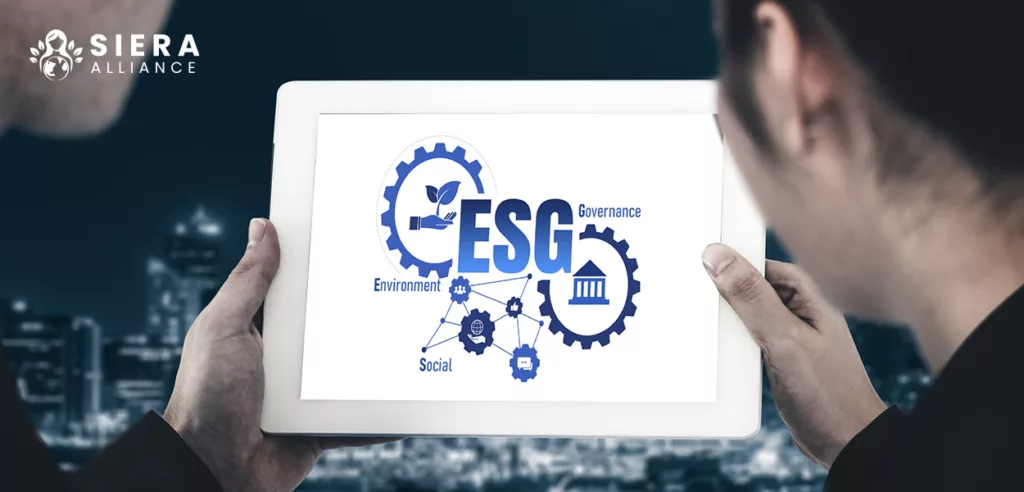As industries grow and evolve, the importance of sustainable industry practices becomes ever more significant. How can industries reduce their environmental impact while maintaining economic viability and achieving global targets like the Sustainable Development Goals (SDGs)? Let’s explore the strategies and innovations that are leading the way toward greener industrial operations.
What are Sustainable Industry Practices?
Sustainable industry practices involve implementing environmentally responsible strategies that promote long-term sustainability. These include carbon footprint reduction, sustainable resource management, and the adoption of clean energy technologies. A growing number of industries are also transitioning to green supply chain management, optimizing their processes to align with environmental goals. According to a report by the World Economic Forum, adopting sustainable practices could lead to a reduction of up to 39% of industrial emissions by 2050.
In alignment with these practices, SIERA Alliance is leading efforts to promote sustainable industrial solutions across Europe, supporting businesses in transforming their operations to reduce environmental impact.
Why is Carbon Footprint Reduction Crucial for Industries?
Reducing industrial carbon footprints is essential to mitigating the impacts of climate change. The International Energy Agency (IEA) projects that global industries will need to decrease their carbon emissions by 60% by 2050 to meet the Paris Agreement targets. Industries are now investing in low-carbon technologies and optimizing energy efficiency in manufacturing processes. Companies implementing sustainable production methods are seeing significant benefits, including reduced costs and compliance with international climate goals.
By leveraging clean energy technologies and sustainable resource management, organizations are making strides in reducing emissions. For example, MUP Energy is at the forefront of providing innovative energy solutions that help businesses achieve their carbon reduction targets.

Green Supply Chain Practices and the Shift Towards a Circular Economy
Green supply chain management plays a vital role in driving industrial sustainability. It minimizes waste, reduces carbon emissions, and ensures responsible sourcing of materials. As industries move towards a circular economy in manufacturing, there is a strong focus on recycling and reusing materials, which significantly reduces the demand for raw resources. A Accenture study predicts that the circular economy could unlock $4.5 trillion in economic growth by 2030.
Many companies are aligning their operations with these principles by optimizing their sustainable supply chain practices. For example, SIERA Alliance works with partners to integrate circular economy strategies into their supply chains, leading to long-term sustainability and reduced environmental impact.
The Role of Sustainable Manufacturing Techniques in Reducing Waste
Waste reduction is another critical aspect of sustainable manufacturing techniques. Industries focusing on waste reduction in manufacturing see an improvement in operational efficiency and a decrease in costs associated with waste management. For instance, adopting eco-friendly manufacturing methods can reduce waste by up to 30% across various sectors, as noted by the United Nations Environment Programme (UNEP). These practices are increasingly supported by green technologies in industry, such as renewable energy and smart manufacturing systems.
Industries are also looking at innovative green industry solutions to minimize resource usage. By implementing energy-efficient technologies, companies can significantly reduce their overall environmental footprint. M&P Group, for example, offers services that help businesses optimize their energy use and enhance their corporate sustainability strategies.
Corporate Sustainability Strategies Driving Industrial Change
As businesses recognize the need for more sustainable operations, many are adopting corporate sustainability strategies that align with broader environmental goals. These strategies not only ensure regulatory compliance but also appeal to an increasing number of eco-conscious consumers. According to a survey conducted by Nielsen, 66% of global consumers are willing to pay more for sustainable products.
To meet this demand, industries are incorporating low-carbon technologies, green technologies in industry, and sustainable production methods into their operations. SIERA Alliance helps industries develop tailored sustainability strategies that lead to impactful, long-term environmental benefits.
The Future of Sustainable Industry Practices: Trends and Projections
Looking ahead, the future of sustainable industry practices is promising. A report by the International Finance Corporation (IFC) estimates that the adoption of sustainable industrial solutions could create $23 trillion in investment opportunities by 2030. The growing emphasis on innovative green technologies, such as hydrogen-based energy systems and advanced recycling technologies, is driving industries towards a more sustainable future.
Conclusion: A Collective Effort Towards Sustainability
In summary, the adoption of sustainable industry practices is critical for reducing environmental impacts while ensuring economic growth. By embracing carbon footprint reduction, sustainable resource management, and circular economy in manufacturing, industries can lead the global movement towards sustainability. Companies like SIERA Alliance and M&P Group are paving the way by offering innovative solutions and strategies that support industries in their transition to a more sustainable future.
As industries continue to adopt green industry solutions, corporate sustainability strategies, and low-carbon technologies, they are not only contributing to the Sustainable Development Goals but also ensuring long-term profitability and resilience. Sustainable industry practices are the key to a greener, more prosperous future for all.




























